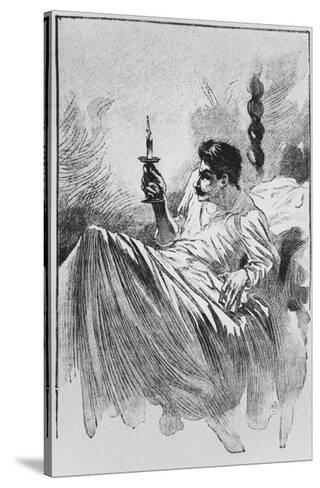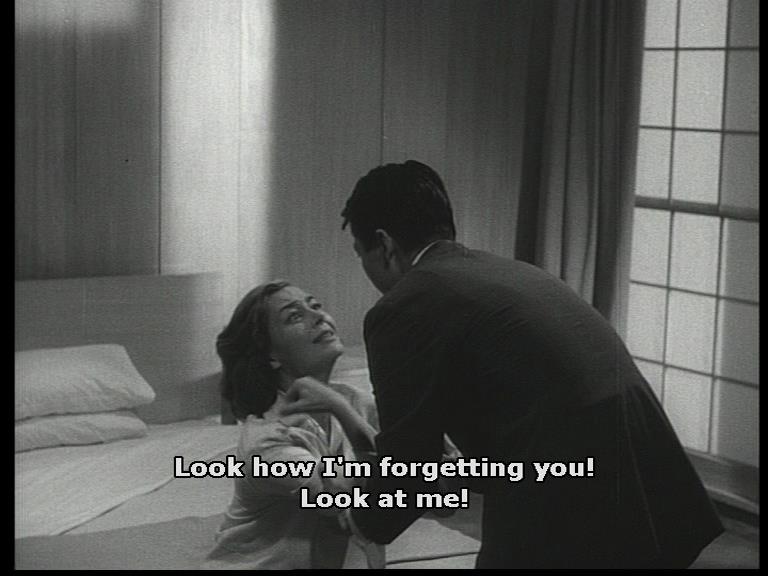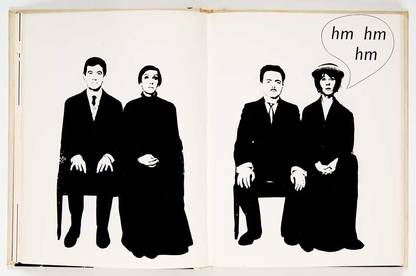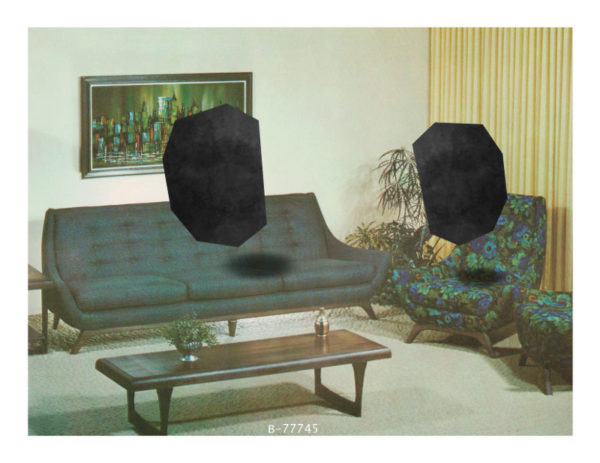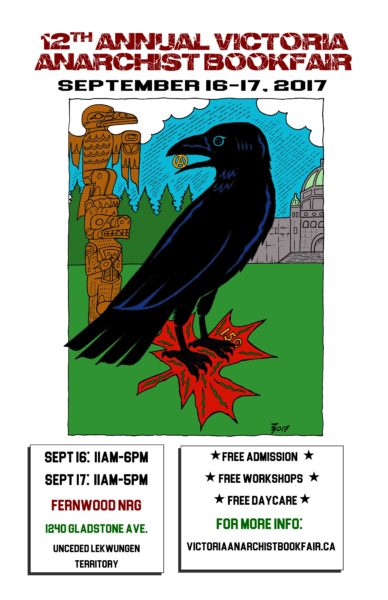Since the demise of del.icio.us I’ve been pinning my bookmarks on a side blog. Given how much I enjoy it when my friends write roundup posts like Bharat’s Pocket Scraps and Meghan’s Allsorts Club, I thought I’d see what happens when I post my recent favourite bookmarks here.
This week I’ve been reading about tech dystopias, apparently.
Charles Mudede on the Two Amazons
I follow the entire Stranger newspaper from Seattle because I can’t find an RSS feed for Charles Mudede alone. In this short gem, he asserts that one mechanism of inequality is that the economy of the rich exists in a different time dimension from the regular economy of workers. Debt and finance operate in the future, while the rest of us live and act in the present. I’m a big fan of shitty versions of sci-fi technologies, and this is the shittiest working version of time travel I have encountered.
A Tale of Two Amazons (The Stranger)
Facebook and Cambridge Analytica’s experiments in the global south
Josh Marshall points out the “colonial laboratory” aspects of the Facebook / Cambridge Analytica scandal.
One of the most telling and interesting threads of the Cambridge Analytica story is something that gets mentioned in most of the big pieces but is seldom a focus of attention. Most of the algorithms, techniques and strategies the company eventually deployed against the UK and the US were first used for elections operations in developing countries, what we once called the Third World. The reason is key: these countries had far less legal and technical infrastructure to defend themselves against these kinds of attacks. It was basically anything goes. And if someone got upset it didn’t matter all that much since these countries are off the main arteries of global news flows and have little capacity to uncover or hold to account a shadowy British company which is actually a subsidiary of a company wedded to the British defense establishment.
— Cambridge Analytica’s Trial Runs in the Developing World (Talking Points Memo)
His follow-up questions are speculative but worth asking. What else has Facebook been learning in the global south that they could could decide to reuse?
More ominously, Facebook also appears to be involved in some businesses abroad that it knows will never fly in the US. In this case, Facebook’s partnership with Cambridge Analytica appears merely to be an example of a larger dynamic. As I’ve noted, the UN has already chastised Facebook for the platform’s role in the on-going ethnic cleansing and mass expulsion in Myanmar. I’ve assumed that this was merely because the platform is poorly policed. I’m now more curious whether that is the full extent of it.
Dan Geer on the danger of computer-only systems
This is a wordy cybersecurity article with politics I don’t trust (Dan Geer works for the venture capital arm of the CIA), but I appreciated the risk analysis. Key points for me:
Because single points of failure require militarization wherever they underlie gross societal dependencies, frank minimization of the number of such single points of failure is a national security obligation. Because cascade failure ignited by random faults is quenched by redundancy, whereas cascade failure ignited by sentient opponents is exacerbated by redundancy, (preservation of) uncorrelated operational mechanisms is likewise a national security obligation.
Or, more simply:
The best, and perhaps only, way to not give algorithms a monopoly on the use of force is to retain society’s ability to tolerate that which is not managed by the algorithms.
It is so rare to read tech perspectives that value something other than the latest and greatest. This amounts to a long defense of DIY, analog options, non-mass media, doing things the hard way, and preserving the “doing it wrong” workarounds like replying to tweets with a phone call. I would read defenses of that all day.
